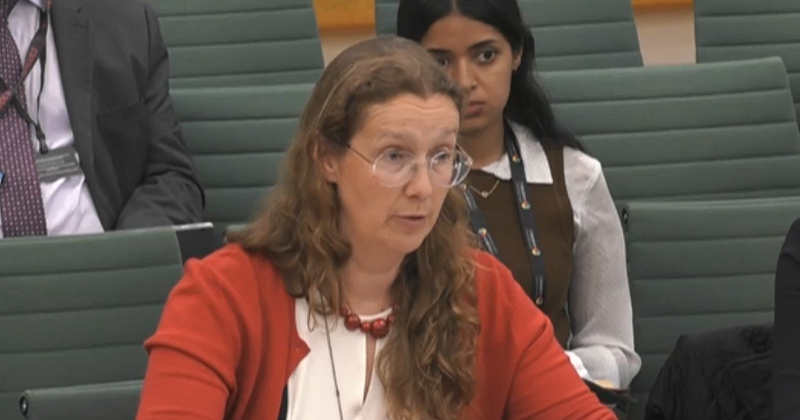Tutoring league tables will not be used as a “stick to beat people with”, the Department for Education’s top civil servant has claimed, after ministers set out plans to name and shame schools for take-up of the scheme.
As first revealed by Schools Week, the government plans to publish data on schools’ usage of the National Tutoring Programme in the autumn term, alongside funding allocations and data on the number of deprived children.
The announcement has stoked fears that schools which shunned the flagship catch-up programme because it was too restrictive and costly will end up taking the blame for the failing initiative.
Asked about Schools Week’s coverage during a hearing of the parliamentary public accounts committee today, DfE permanent secretary Susan Acland-Hood acknowledged schools “have been anxious about the collection of data and the transparency around data”.
“But I do think the principle that, and the secretary of state is very passionate about this, that we try and use data and transparency much more widely across the system, not as a sort of stick to beat people with.”
The data instead is supposed to provide “a way of shining light on what’s happening and allowing people to look at what each other are doing”.
“And that’s the spirit in which we said we’re going to make sure this data is going to be made available.”
Acland-Hood also revealed the DfE was working on ways to make the collection of tutoring data “more seamless and easier for schools in the future”.
This would involve “building on some of the work” done on school attendance data. A current pilot involves collecting data directly from school management information systems, rather than requiring them to submit daily registers.
DfE still ‘discussing’ Randstad contract
The senior civil servant also confirmed her department was “discussing” the NTP contract currently held by Randstad, which will come to an end this summer when ministers enact a break clause.
In March, Schools Week revealed plans to axe Randstad’s deal and hand the cash straight to schools from next year, following sluggish take-up in 2021-22. DfE data suggests around two in five schools still hadn’t engaged with the programme by March.
Asked by former shadow education secretary Kate Green if there would be any compensation payable when the break clause is used, Acland-Hood said the DfE was “working with Randstad”, but that she would not talk about “contractual matters”.
Asked by chair Dame Meg Hillier if the DfE was “discussing things within the contract at the moment”, Acland-Hood confirmed it was.
But she added that “the way the contract is set up, on tuition partners and [mentors] we pay per item delivered, so that’s helpful”.
Acland-Hood acknowledged the department “definitely had some challenges that we’ve worked through with Randstad”.
But she added: “I do think this is better characterised as us learning rapidly about something having set up a new programme than as it being fundamentally broken.”
















Your thoughts